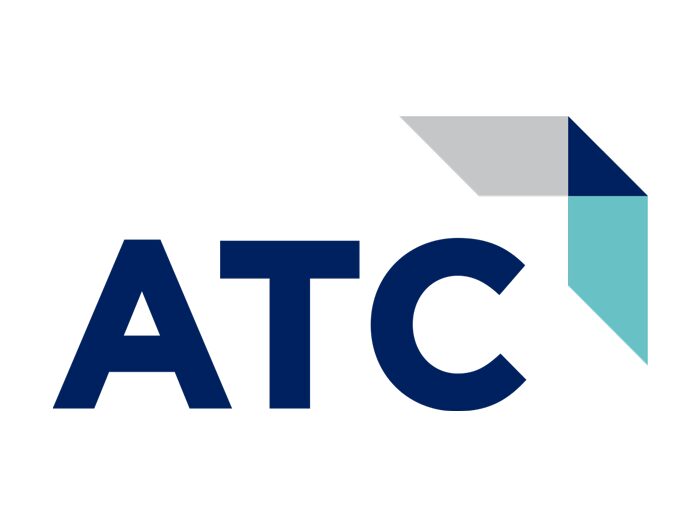The cloud isn’t just a technology fad — companies are moving entire networks into the cloud, and it is now becoming a mainstreamed corporate computing model.
(See the original article at the Jacksonville Business Journal here.)
I’m not into fads. I know that skinny jeans for men have a limited shelf life, and the big kale craze will eventually subside. Likewise, my company, Optimal Networks, is not into tech fads. We do, however, respect Gartner Inc., the technology advisory company, for its successful past predictions and comprehensive research.
So when Gartner broke out two separate cloud-computing trends in its 2014 report, we sat up straight and took notice.
The cloud is no longer tech talk — it’s a business term. When your organization is in need of a company-wide operating system upgrade such as Windows XP, a major hardware upgrade, or a comprehensive remote access or business continuity plan, you should consider the cloud options. This is a prime time to explore changes that could create more effective business for your company.
The cloud makes good technological sense, but it also makes good business sense.
Below are the top reasons why:
1. Scalability
The cloud is highly scalable. Resources and employees can be added or removed to and from the network quickly without any large investments.
2. Security
Cloud providers that are in compliance with SOC2 and SSAE16 must meet certain stringent requirements for monitoring and security, making sure you have enterprise class protection.
3. Freedom
With a properly hosted corporate cloud vendor, you no longer have to worry about hardware, system security, backup, disaster recovery, operating system upgrades, and more.
4. Cost
While it is true that local infrastructure maintenance costs will decrease and the cloud can save you money over time, cost should not be the only factor you consider when moving to the cloud.
That being said, your IT capital expenses will migrate to your operating expenses. Instead of a huge capital expense outpouring every three to five years for hardware upgrades, you pay monthly for your IT service. This means a more predictable budget and more readily available cash flow.
5. Business Continuity
The cloud, if done right, offers complete failover redundancy. It takes care of your backups and disaster recovery in one solution.
6. Mobility
We are living in a mobile world — an environment in which we are expected to maintain productivity even when away from the office. With the right cloud solution, your corporate desktop can be delivered to you (yes, apps, files and everything) through the cloud from any device you can hook up to the Internet.












